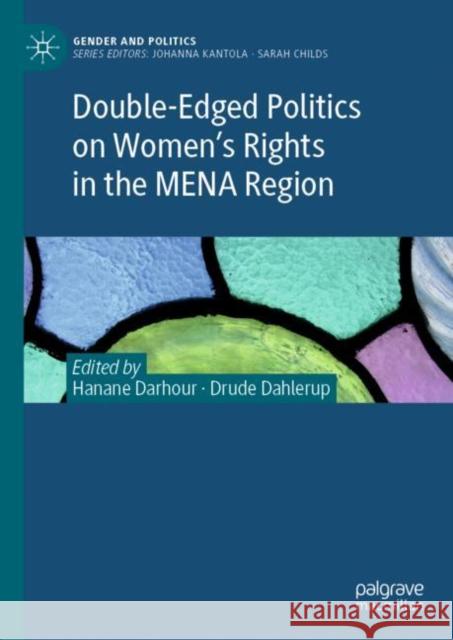Double-Edged Politics on Women's Rights in the Mena Region » książka
topmenu
Double-Edged Politics on Women's Rights in the Mena Region
ISBN-13: 9783030277345 / Angielski / Twarda / 2019 / 311 str.
Double-Edged Politics on Women's Rights in the Mena Region
ISBN-13: 9783030277345 / Angielski / Twarda / 2019 / 311 str.
cena 483,04
(netto: 460,04 VAT: 5%)
Najniższa cena z 30 dni: 462,63
(netto: 460,04 VAT: 5%)
Najniższa cena z 30 dni: 462,63
Termin realizacji zamówienia:
ok. 22 dni roboczych.
ok. 22 dni roboczych.
Darmowa dostawa!
Kategorie BISAC:
Wydawca:
Palgrave MacMillan
Seria wydawnicza:
Język:
Angielski
ISBN-13:
9783030277345
Rok wydania:
2019
Dostępne języki:
Numer serii:
000130073
Ilość stron:
311
Waga:
0.54 kg
Wymiary:
21.34 x 15.75 x 2.29
Oprawa:
Twarda











